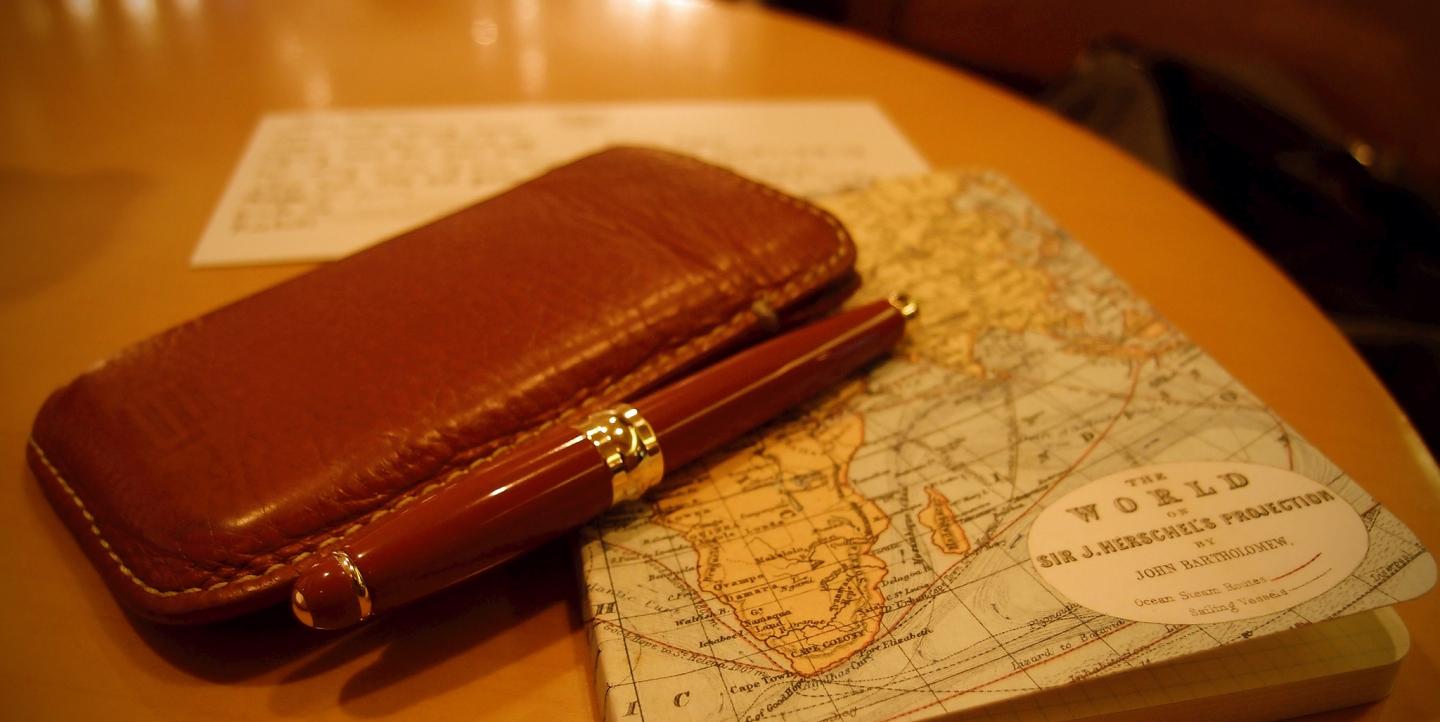It’s many journalists’ dream: becoming a freelance foreign correspondent who gets paid to travel the world and cover fascinating stories across different cultures.
However, the lifestyle of a traveling correspondent isn’t quite as glamorous as it may seem. Frequent travel across time zones can wear down one’s sleep rhythms, leading to fatigue and difficulty concentrating.
Mark Albert, a freelance correspondent for CBS News, takes a different approach.
“I look at trips as ‘travel tapas’ – short bites of distinct culture, exotic food and vibrant people,” he said. “And I want to be alert enough to enjoy it all. Whether traveling for work or pleasure, I need to hit the ground adjusted to the local time zone so I don’t waste time feeling sick and tired and groggy.”
Following a regime he’s developed during while working as an international reporter, Albert explained he hasn’t faced jet lag in six years. IJNet spoke with Albert about his advice for avoiding jet lag and making the most of every trip:
IJNet: What is your typical routine when travelling abroad that helps you avoid jet lag?
Albert: The key for me to beating jet lag is simple: sleep. But there's a catch. When most people travel through time zones, they sleep when they’re tired and stay awake when they’re not. That’s a mistake. When I travel, it’s imperative that I adjust to the local time zone as soon as possible. So I figure out—in advance—when I’m going to sleep and when I’ll stay awake. And then I stick to the plan, using tools (sleeping pill, sleep mask, ear plugs, recline) that help me accomplish that.
Let’s say I’m flying back to the U.S. from Europe, and my flight from Amsterdam to Atlanta leaves at 8 a.m. I know that no matter how tired I am, I cannot sleep on the flight at all, because the flight will land around noon Eastern time and I’ll need to stay up until it’s night time. So I’ll stay up until 7 or 8 p.m. local time. No naps. That way, when bedtime comes, I’m naturally tired. Then, I don’t set my alarm and just let my body choose when to wake up the next morning. That puts me back in the rhythm of the local time zone. No jet lag!
Did you discover these methods through an intentional trial-and-error process, or did you pick them up over time?
Everyone is different and their bodies react differently to time zone changes, sleeping pills, flight times, etc. I found a pattern that works for me by trial and error. And it’s not an excuse to say you can’t sleep well on planes; I can’t either. But I get close enough to get “cheat sleep” – I close my eyes and force my body to lie there in the cramped coach seat for the hours I’ve budgeted. I try to slow down my thoughts and focus on dozing. It can get frustrating, but I can’t give up and start reading or watching TV. I have to make my body relax or I won’t adjust when I land at my destination.
What other advice would you give to journalists who travel often for work, especially to places that might not have the same kinds of luxuries found in the U.S.?
Again, I look at travel as “tapas” – I know I won’t be there very long and I want to enjoy all the small bites of culture, food and sights that I can. I never check a bag so I can be mobile when flights get cancelled or travel plans go haywire. Ticket agents and gate agents at the airport are much more willing to put you on a different flight if they don’t have to fish out your bag from the belly of a plane. You’ll be amazed at the lack of stress when you don’t have to worry about where in the world your baggage is at any moment. That also makes me more independent in areas that are not fully developed with amenities one might expect in the U.S. or elsewhere. I also take a world-traveler small hair dryer (“voltage valet” brand) that alternates between 125 volts and 250 volts, and an all-in-one electric outlet adapter. No one wants to carry eight adapters.
And unless absolutely necessary, I never get local currency from the airport or a hotel; the exchange rate there is horrible. A bank in town or an ATM will be much better. Of course, one might want to take into account the foreign ATM charge for his or her bank. Often, though, I find a US$5 foreign-transaction ATM fee is less that the combined fees and conversion rate I’ll pay at a currency exchange kiosk at the airport.
Image CC-licensed by Flickr via Yosomono.

